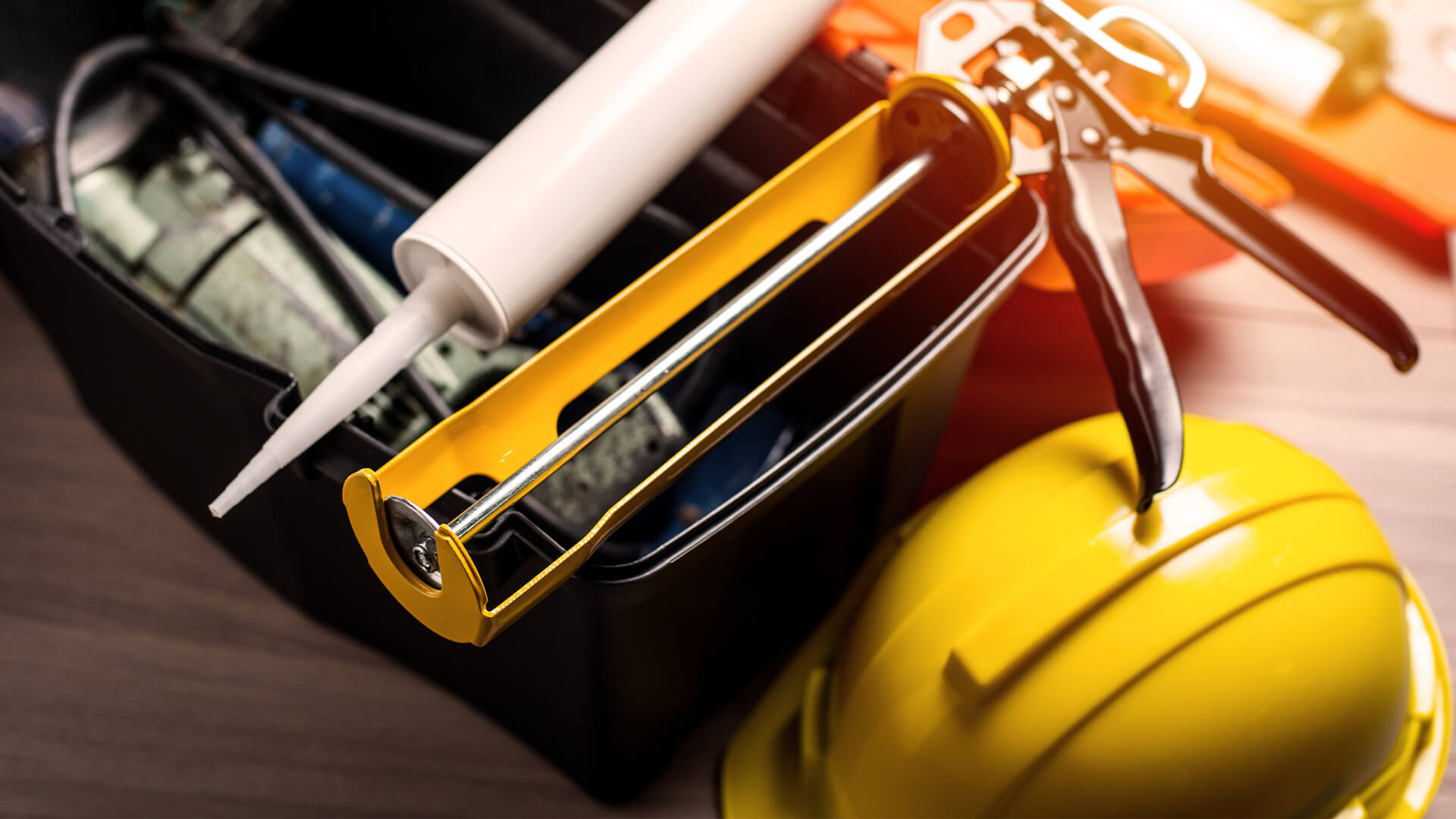Learning how to work with different types of glues is essential for successfully implementing different DIY projects at home and in the workshop. You can make use of metal glues when doing plumbing repairs, garden projects, working in the garage, boatyard, workshop and kitchen. Getting to know the metal glue that is best suited for each project makes it easier to select the right type of glue with the strongest and most durable bond for your DIY tasks. It’s best to take care of any repairs as soon as possible to avoid leaks and further damage.
Which metal glues to choose?
Most types of metal glues have applications in the home but also have many applications in a small business setting where client repairs are the order of the day, such as car or boat repair shops and plumbing concerns – making them very useful to keep on hand at home and at work. There are three main types of metal glues that are suited for a range of DIY jobs in the home and workshop and should always form part of the toolkit, we’ll take a look at each of these here:
- Super glues
- Epoxies
- Polyurethanes
Super Glues
Super glues are made from ethyl cyanoacrylate and are ideal for small projects with lots of tricky and fiddly parts where you need a strong bond that dries quickly. This is where a glue like the Super Glue “Perfect Pen” or 60 Second All Purpose Glue can help you apply the glue drop-by-drop to create a clean finish. This new generation super glue operates with a pressure-sensitive system, making it easier to work with small items in the home. The Perfect Pen Super Glue or 60 Second glue can be used for metal-to-metal bonds and to join metal to plastic, leather, china, rubber and wood. These glues dry within seconds, are very durable and withstand high temperatures.
Epoxies
Epoxies are without a doubt the best choice to form the strongest metal-to-metal bonds or to join metal to surfaces like concrete. Epoxies bond quickly and create very strong, long-lasting bonds. Two-part epoxy syringes are perfect for metal-to-metal bonds and usually dry within five minutes. They are perfect for DIY jobs where you want a fast, permanent result. Epoxy glues are a great choice when you need to fill cracks or gaps in metal and stone. Two-part epoxies are ideal for plumbing repairs on galvanised pipe. If you have a plumbing leak take a look at a list of the plumbing problems you need to repair without delay.
Polurethanes
Polyurethanes can be used to join metal-to-metal and have excellent water-resistant and UV-resistant qualities. Like epoxies and super glues, polyurethanes dry quickly into durable bonds that won’t become brittle over time and with exposure. These glues need moisture to set but once they harden are very resistant to outdoor elements. Polyurethanes are an excellent choice if you are going to paint, stain or sand the surface after gluing it. The glue won’t shrink or be affected by heat, so they are ideal for kitchen use on all your small appliance repairs.
Need more help?
Take a look at this guide to choosing the strongest type of glue that can be used on metal and this guide to the best metal adhesives which will tell you need to know about metal glues and thei different applications.
By now you should be feeling inspired, so here are 11 easy home repairs you can do with very little fuss.
Epoxies, super glue and polyurethane glues can be used on metal objects in and around the home. Metal glues are used to join metal-to-metal and other materials and are ideal for plumbing repairs. These adhesives are strong, yet flexible enough to allow the movement of the metal, when needed. Metal glues dry fast, are durable and can withstand temperature changes and other adverse conditions. They are very easy to use, dry fast and ideal for an array of DIY projects.

































